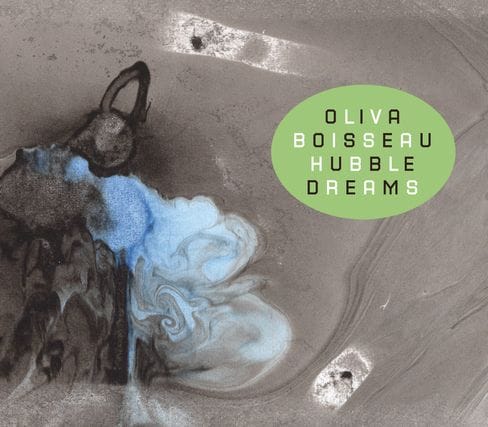This is a project at the confluence of multiple stories of friendships and loyalties. Between pianist Stéphan Oliva and double bassist Sébastien Boisseau, whose long-standing connection has been nourished for years through countless collaborations. But also between each of the two musicians and the duo of “aesthete producers” behind this session, Philippe Ghielmetti and Stéphane Oskéritzian.
At the request of their producers, Stéphan Oliva and Sébastien Boisseau agreed to the idea of working at La Buissonne Studios, without any specific theme in mind, to embark over three days, under the guidance of sound engineer Gérard de Haro, on a genuine process of free improvisation, with the subsequent promise of a meticulous post-production process that would give the whole project its final form and dramaturgy.
Within this minimalist setup, the two musicians recorded five 45-minute sequences, composed of improvised pieces. Then, on the last day of recording, Ghielmetti and Oskéritzian changed the rules by introducing a few themes from different inspirations: the song There Comes A Time composed by Tony Williams for his album Play or Die, the standard Where Flamingos Fly, and finally Dead Man by Neil Young, the title theme from the eponymous Jim Jarmusch film.
It was from this rich and composite material that Sébastien Boisseau first embarked on a long and meticulous process of selection, cutting, and editing. He proposed a first draft to which everyone else contributed to define a “final cut.”
Although entirely composed of fully improvised music, Hubble Dreams
is not, strictly speaking, an album of improvised music. That is where its originality and paradoxical beauty lie. By selecting moments of crystallization within the flow of improvisations and isolating them to re-engage them through editing in a different temporality, the album breaks with the purely chronological aspect inherent to improvised music, in some way “spatializing” the whole.
The music on this album, both totally free and spontaneous, uniquely and innovatively explores the mysteries of the improvisational gesture.
Text adapted from the liner notes by Stéphane Ollivier
Stéphan Oliva : piano
Sébastien Boisseau : upright bass

